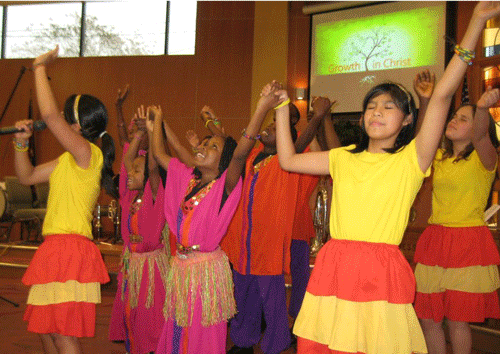By Robert Docter –
Change…I wonder why we find this so difficult.
We live in a world that reveals different faces each morning of our lives. We are surrounded by people who present dramatic differences from us and from each other. As we age we begin to view the world, those around us and ourselves from different vantage points. These new perspectives provide us with different insights and open the possibility of different meaning. Our bodies reveal the reality of change–our skin, our joints and muscles, our brains. They all speak to us of change taking place even in the environment of our lives.
Still, we seem to resist change.
I think one of the most destructive cliches foisted on an unsuspecting humanity is the notion that “ignorance is bliss.”
It’s not. Ignorance is simply the absence of knowing–it is a willingness to remain in some kind of cozy, non-threatening, safe state to the exclusion of personal growth.
Some individuals resist change. Why?
One superficial reason might be laziness. Change requires an effort. It’s something that requires work. One must assess and evaluate the present situation. Thinking must take place. Planning is required–and then, horror of horrors, one must act. To resist change for reasons of laziness is sloth.
A more fundamental reason exists. Fear! Yes, being willing to change is threatening. It challenges our desire to remain safe. It reaches in and grabs our vitals and demands that we either lash out in anger or withdraw in cowardice. Our fear level provides an excellent personal risk quotient. As we resist the challenge of change through fear we are telling ourselves that we are insecure and need more safety. This is a rational response sometime when the threat is unknown, when our personal resources are meager, when our strength or knowledge base is low, when our guilt is high, when our self confidence is depressed. But if we refuse to work to generate additional resources, add to our strength, grow in knowledge, make amends and seek forgiveness for our bad choices, lift our self confidence and move to a position of willingness to confront change, then we have no right to blame others for our boredom–for the absence of productivity in our lives.
Some fear being visible. They believe change will make them suddenly stand out from the crowd. Often, these are people who believe that everyone is looking at just them all the time. They really consider themselves very special in a unique sort of way. Actually, most of us simply ignore most of us–and the embarrassed behavior of trying to stay less visible paradoxically draws attention to the person.
Some fear having to be responsible. It means one must seek mature behavior over childish ways. It makes demands. It requires growing up. It means one must consider others over self. What a threat to realize finally that adulthood has arrived. That throws panic into more than a few.
Some habitually send themselves negative messages in which the word “I” is always followed by the word “CAN’T.” They doubt their ability to cope. They are positive the stress level will be beyond that which they can handle. They are positive they are inadequate for whatever task might be assigned. They know they are unskilled, dumb, inept, incompetent, incapable.
Sometimes people need help to change. They don’t need judgmental accusations which point out their deficiencies. They need encouragement and support. They need instruction and affirmation. We can all help each other if we want to.
By the way… I think institutions are just like people, with all the same fears and doubts and misperceptions about what might happen if it changed. Safety is seductive–leaps into the unknown are stupid–but awareness of need, assessment of resources, skill in planning, provision for ownership, and artful communication can accomplish goals.











